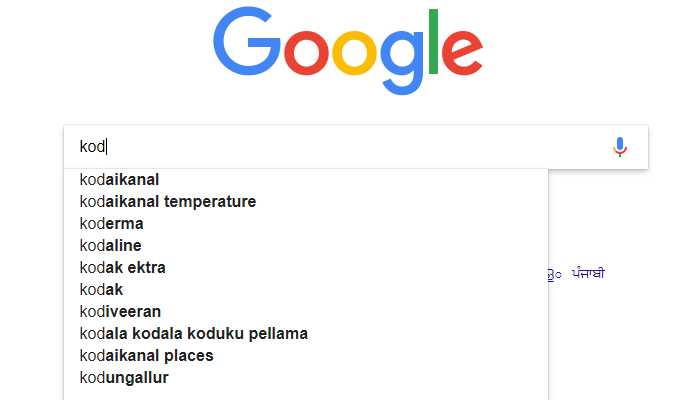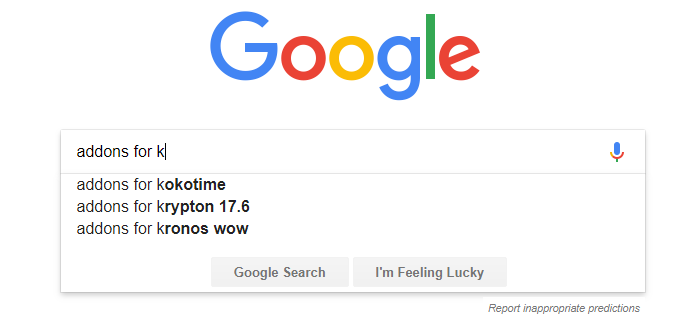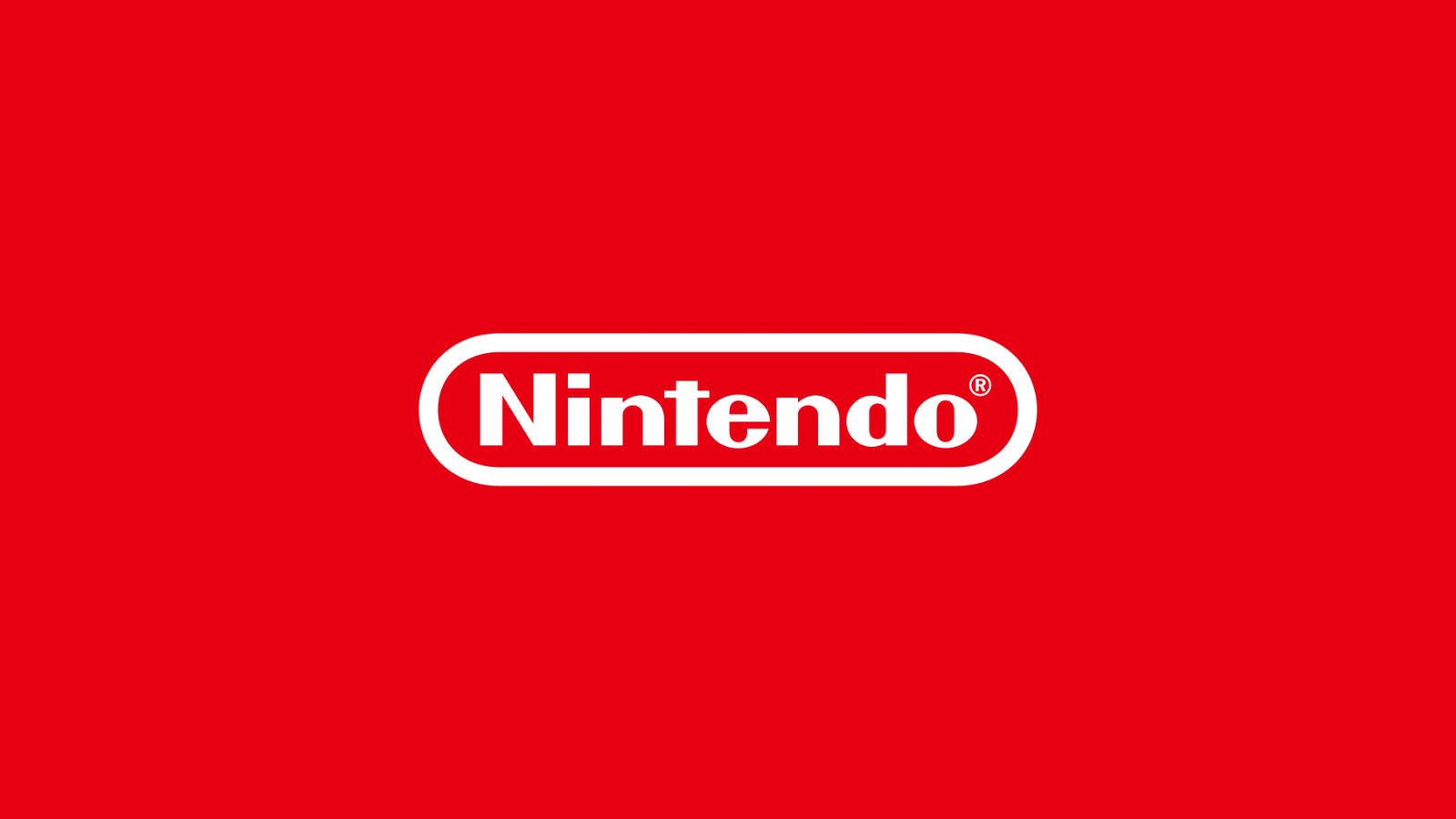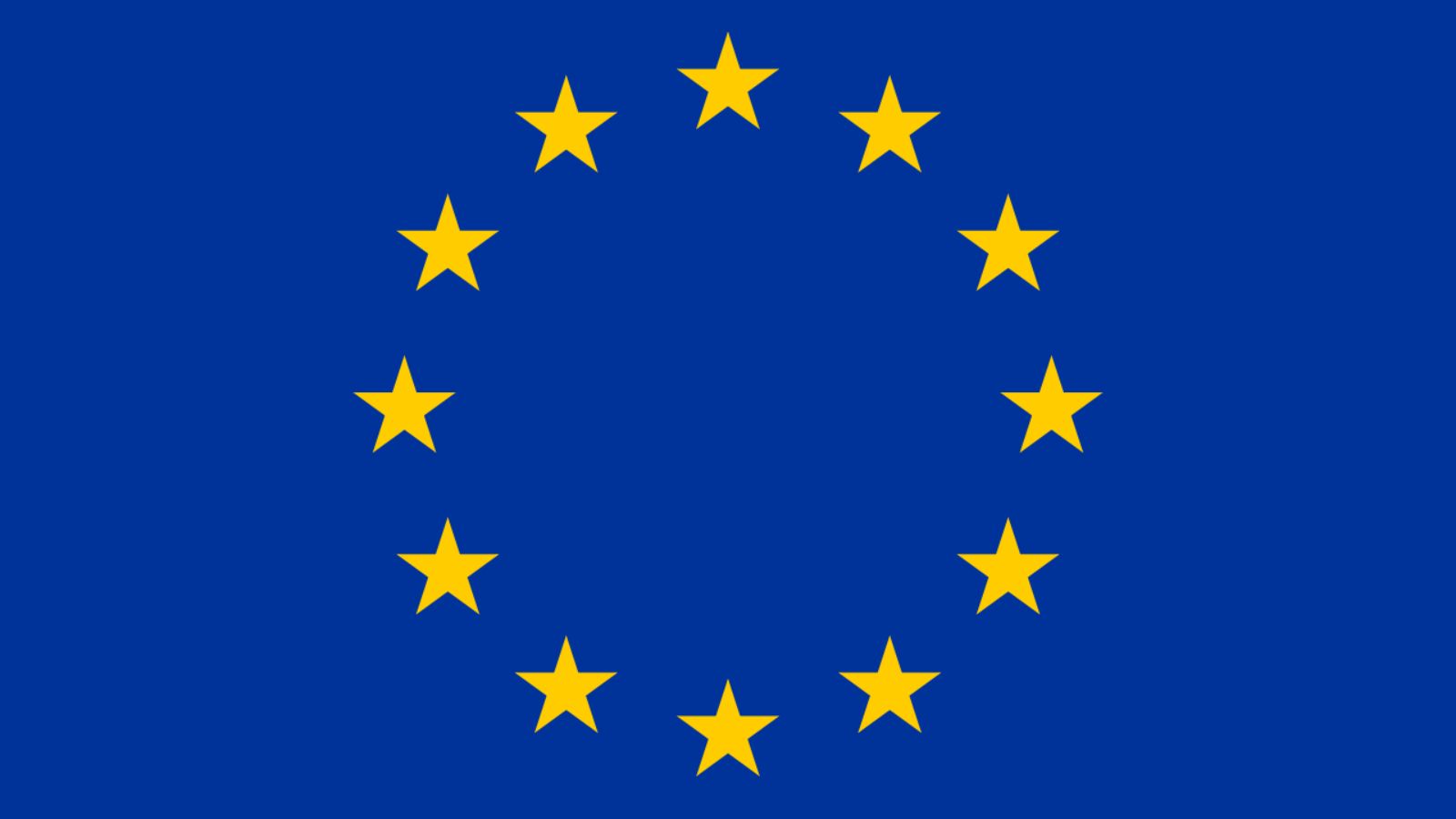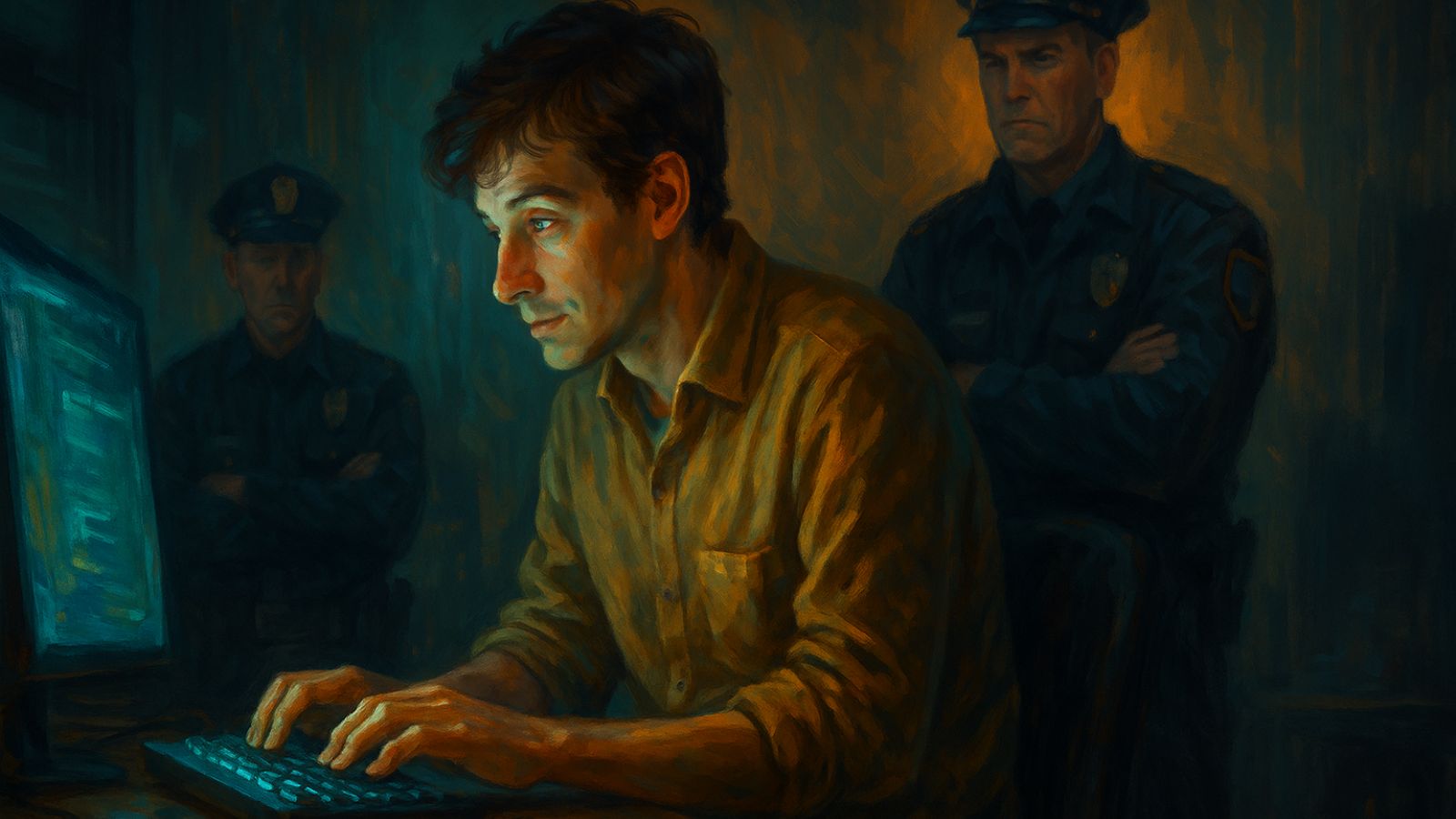
Google Bans The Term ‘Kodi’ From Autocomplete Feature
- Google filters out the term "Kodi" from its search engine's autocomplete feature.
- This is in response to Kodi's association with piracy activities, however, the software itself is not illegal.
- Google still autocompletes words to provide suggestions for other apps that help in piracy.
An unbiased auto-completed sentence in Google’s search engine is likely to show users results that can be illicit or illegal. And so, throughout the years, under the pressure of certain authorities or agencies, Google has filtered many key-phrases or words from their autocomplete suggestions. The recent of these words is - Kodi.
It is no secret that Kodi, the popular TV player software, is associated with multiple piracy activities. By installing specific add-ons, users can use the software to start streaming premium content for free. Anti-piracy agencies such as the ACE (Alliance For Creativity and Entertainment) has already started to act against the developers of these addons. However, it should be noted, that Kodi itself is a purely legal piece of software. Hence the decision from Google to filter out the term “Kodi” is rather odd.
From now on, users who have typed in as much as “Kod” into the Google search engine, will get suggestions like “Kodak” or “Kodiak” but not “Kodi.”
Also, if you type in “addons for k” the autocomplete feature will generate results such as “addons for Kokotime” or ”... Krypton 17.6.”
What is surprising here is that the latter is a version of Kodi, and Kokotime app also aids with piracy. So Google has chosen to boycott the TV player, but not its software derivatives, or other piracy apps. Also, if a user types in the full term - Kodi, and adds a “space” after it, then plenty of suggestions will appear similar to other banned terms.
Now, in response to Google’s decision to filter out the “Kodi” name, XBMC Foundation, the company behind the TV software, has expressed their disappointment. The Kodi team has also, always tried to distance themselves and their brand from pirate elements. In words of Nathan Betzen, XBMC president, “We have a professional relationship with the MPAA, who have specifically made clear in the past their own position that Kodi is legal software. [...] We hope Google will reconsider this decision in the future, or at a minimum limit their removal to search terms where the legality is actually in dispute.”


